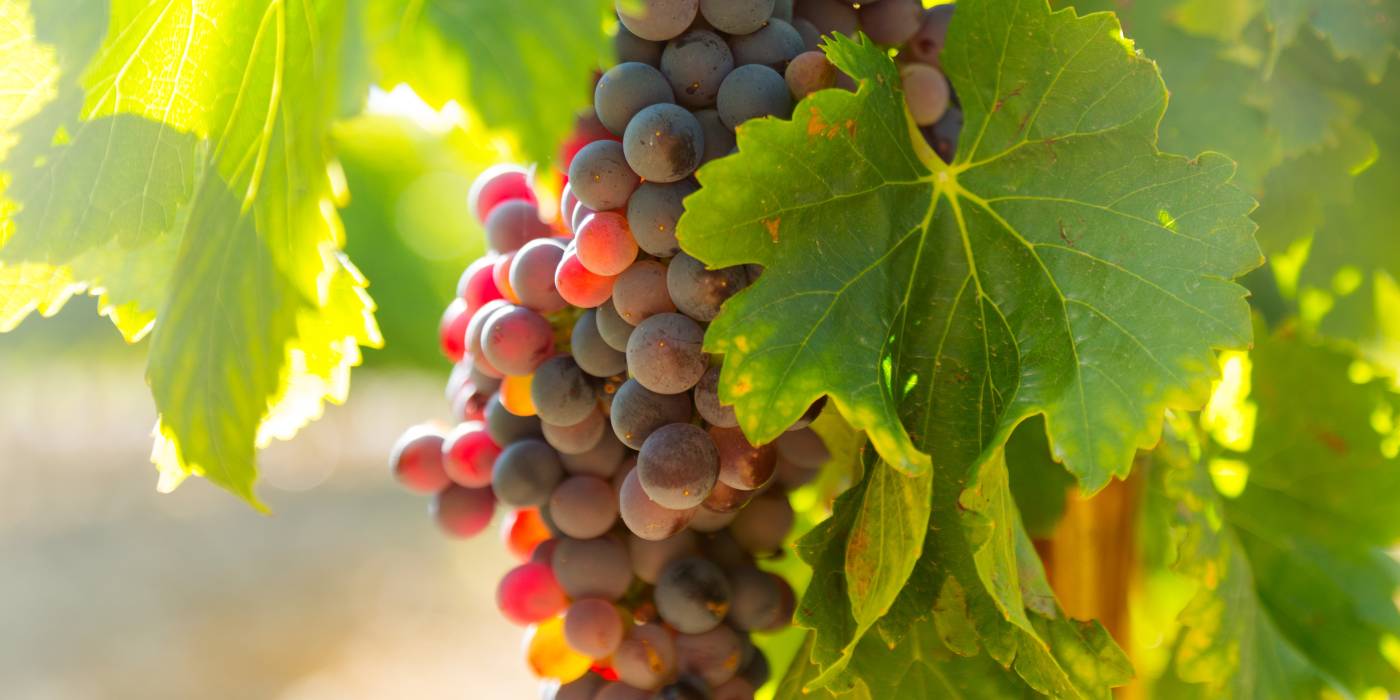Types of red wines
Types of red wines

Eva Pizarro
Sommelier at Fierro restaurant and trainer at Tandem Gastronómico.
Today I want to speak to you of red wines, but rather than the differences you can find depending on the type of grape used, the region where it is produced or the types of ageing.
We’ve seen all of this in previous articles. Today I would like to focus on current consumption, the so-called “ trends” and whether, in the world of wines, tastes change and, with them, the types of wine we drink.
Trends can come and go due to various factors, and they bring us closer to some types of wines or others.
Eating patterns have changed in recent years. Meals are now lighter. Nowadays, many jobs do not call for the calorie intake we needed in the past. We have access to a greater number, and more varied type, of products, which is why we have a richer diet.
There has been a never before experienced revolution in our restaurants. Dishes are more refined. Many novel techniques have been included. Tasting menus have burst onto the scene and all of this requires new formulas to find the best drink for accompanying the meal. Vegetables and the seafood are gaining ground in the offer. Consumer habits focused on a healthy life favour both. Vegetarian, vegan and speciality restaurants are increasing in number.
Nowadays, we have greater access to wines from regions which, before, were hard to find and so we have greater diversity to choose from. The consumer has likewise evolved. We have moved on from drinking a wine we liked, one we were familiar with, which made us feel safe with what the bottle held, to quite the opposite. Now, we want to try new things, the more the better. We are no longer afraid to make a mistake. There are fewer bad wines. Making the right choice is merely a question of taste but we want to try and discover.
Specialist reviews have had a great influence on the wines that are currently produced. We have gone from awarding prizes to well structured, strong wines, with long ageing in oak to appreciate lighter wines, whose origin is important and are easy to drink.

A combination of these factors has meant that today’s trend-setting wines respond to these canons: personal wines, which display their origin, the producer’s style, not a “recipe created in the winery”, wines that speak of soils and express the vineyard’s personality. Wines have lost body, though not, as a result, quality or intensity. Lighter wines, which combine with a current more refined and elegant cuisine, are increasingly appreciated. These are wines that can be drunk by the bottle, ones where the wood does not prevail over the origin, soils, the grape… Alternative ageing in vats, concrete… which do not mask these patterns, is valued.
There is a preference for local grapes, which is a key factor in the differentiation of zones. We want to drink a landscape, the style of a region or the singularity of a vine and this means looking to what we have, the grapes that mark its character.
Climate change also makes us rediscover varieties that have always been there, but were replaced due to changing trends. Now they are showing that they are capable of adapting to an increasingly extreme climate.
High-altitude vineyards also seem to be a solution to the search for that freshness which the climate takes from us year after year. Difficult, abandoned vineyards on hillsides are once again the focus of winegrowers looking for solutions.
Ecology is now a way of life. It is the way we look after our crops and land. I believe it is no longer a trend for many farmers and, nowadays, it is the only way forward if we want to preserve the countryside and, with it, healthy vineyards.
In short, I do not think it is a trend but rather a necessity to create new styles. Will it be the definitive one? Time will tell but surely many of the aspects to which we now give importance will remain a constant in the case of future winemakers.
What do you think about?
Share comments, opinions and tricks with the Community







